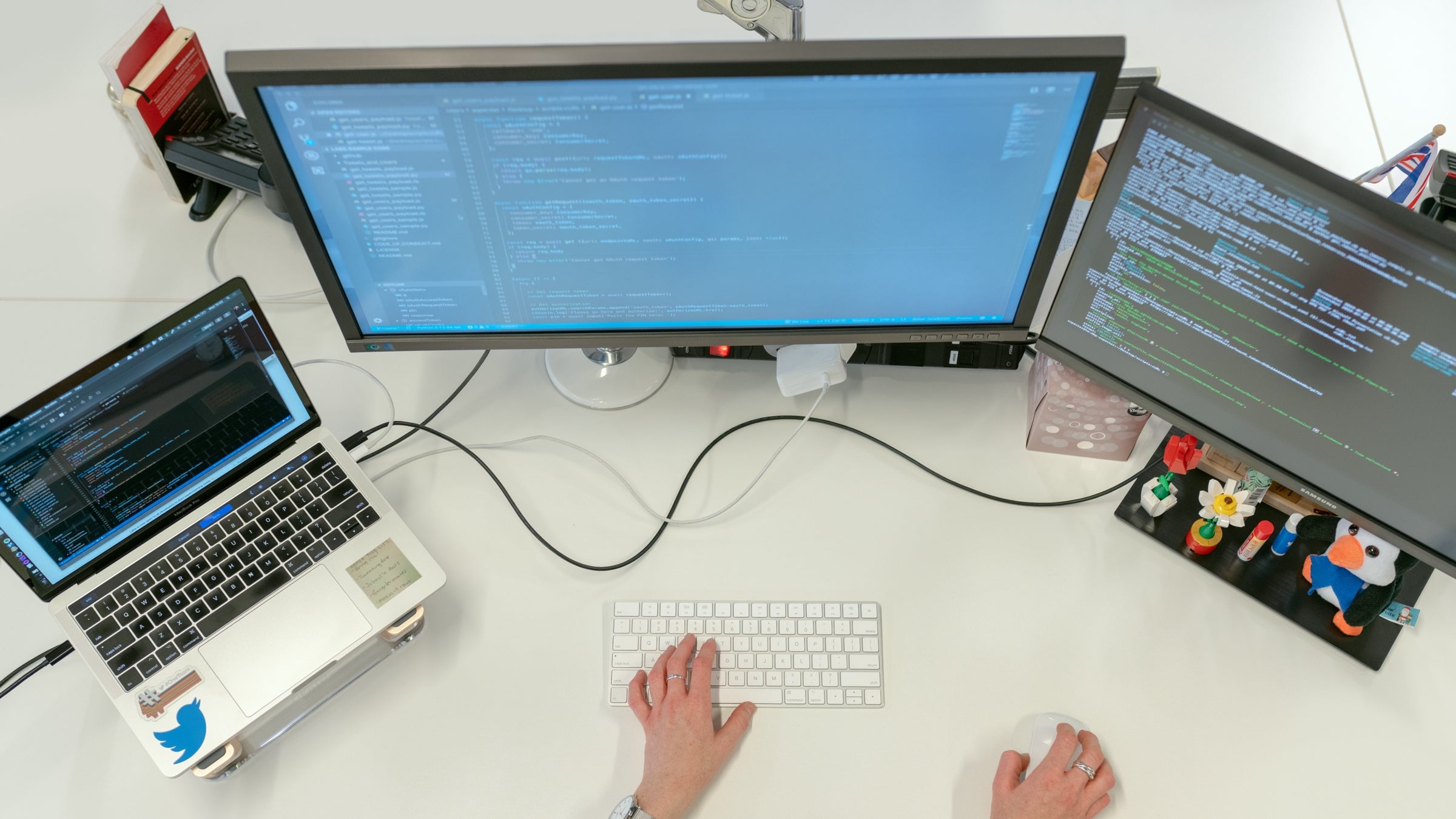Devoted Developers vs. In-House Teams: Which Is Right for You?
The decision between making use of devoted developers and keeping an internal team is a significant one that can affect the trajectory of your jobs and total business method. Dedicated programmers supply a degree of flexibility and specific experience that can be beneficial for particular, temporary campaigns. On the other hand, internal groups add to a cohesive business society and a nuanced understanding of lasting goals. By analyzing crucial aspects such as budget plan, task extent, and wanted control, you can much better identify which method aligns with your organizational requirements. Nonetheless, the ramifications of this option expand past prompt outcomes-- consider the wider impact on your business landscape.
Comprehending Dedicated Developers
The expanding need for specialized skills in the technology sector has actually resulted in the development of specialized programmers as a feasible option for numerous companies. These experts are usually acquired on a job basis, enabling business to take advantage of particular proficiency without the lasting commitment connected with full-time hires. Committed designers are typically embedded within a client's group, offering adaptability and scalability to meet task requirements.
This version allows companies to access a global skill swimming pool, which is particularly advantageous in a swiftly developing technical landscape. Dedicated designers can be sourced from numerous geographical places, ensuring that business can discover the right capability at competitive rates. They usually bring a riches of experience and knowledge, having actually dealt with varied projects across various sectors.
Furthermore, dedicated designers can focus specifically on the tasks handy, boosting efficiency and effectiveness. They are furnished to incorporate seamlessly into existing operations, collaborating carefully with internal groups to achieve project purposes. This approach not only reduces the burden of recruitment and training but also allows organizations to continue to be dexterous, adjusting swiftly to altering market needs and technological improvements.
Advantages of In-House Teams

Moreover, in-house groups tend to have a much deeper understanding of the company's mission, worths, and objectives. This placement can enhance staff member involvement and motivation, as team participants really feel more connected to their job and the organization's success. Furthermore, having a dedicated internal team permits better alignment of purposes and approaches, as these participants are constantly concentrated on the firm's priorities.
In-house groups likewise promote quicker decision-making procedures, as they can respond more quickly to modifications and obstacles. The recognized partnerships and experience with company protocols allow for structured process and decreased miscommunication. Ultimately, the mix of a cohesive culture, placement with organizational objectives, and effective communication makes internal teams a valuable property for numerous organizations, particularly those looking to grow long-term growth and innovation.
Price Considerations
When examining expense factors to consider, both devoted developers and in-house groups existing distinctive monetary ramifications for companies. Involving specialized programmers usually entails a pay-per-project or per hour price model, which can be cost-efficient for organizations with changing project demands. This method allows for versatility in scaling sources up or down, guaranteeing that firms just spend for the solutions they need.
On the other hand, in-house teams require fixed costs, including incomes, benefits, and overhead expenses such as workplace and tools. While this version supplies better control and immediate accessibility of resources, it have a peek here might lead to higher long-term costs, specifically if the workload does not validate a full time personnel.
Furthermore, business need to think about the concealed expenses related to employment and training of internal staff members, which can even more stress spending plans. In many cases, the moment and resources invested on handling an internal group can detract from the company's core service goals.

Project Monitoring and Versatility
Task administration and flexibility are important variables that affect the option between committed programmers and internal teams. Dedicated teams often have established processes for handling jobs effectively, leveraging particular techniques like Agile or Scrum, which promote repetitive progression and adaptability.

Eventually, the option between committed developers and internal groups official statement rests on the wanted degree of versatility and the particular task monitoring needs. Business have to review their functional dynamics, project complexity, and source accessibility to figure out which alternative lines up best with their strategic objectives.
Making the Right Selection
Picking the ideal advancement strategy-- devoted programmers or in-house teams-- needs a careful evaluation of different variables that straighten with a business's critical objectives. Conversely, in-house teams can supply much better connection and integration with existing personnel.
Next, assess your budget. Committed programmers commonly present a cost-effective remedy for temporary projects, while in-house teams might sustain greater long-term expenditures because of salaries, advantages, and expenses expenses. Analyze the degree of control and collaboration desired; in-house groups commonly foster more powerful interaction and positioning with company society.
If prompt outcomes are needed, devoted programmers can be onboarded swiftly, whereas developing an internal group takes time for recruitment and training. If continuous advancement is essential, investing in an in-house team may generate far better wikipedia reference returns over time.
Verdict
In final thought, the decision between devoted programmers and in-house groups hinges on task demands and organizational goals. Conversely, in-house teams grow a natural culture and much deeper alignment with long-lasting objectives.
The choice in between utilizing specialized programmers and preserving an internal group is a considerable one that can influence the trajectory of your jobs and total company method.Job monitoring and flexibility are important elements that influence the selection between in-house teams and specialized developers. software engineering staffing.In comparison, internal groups might succeed in maintaining a consistent task administration framework due to their familiarity with the organization's culture and lasting goals. Dedicated developers frequently offer a cost-effective service for temporary tasks, while internal groups may sustain greater lasting expenditures due to incomes, benefits, and overhead prices.In final thought, the choice between internal groups and committed programmers pivots on project needs and organizational purposes